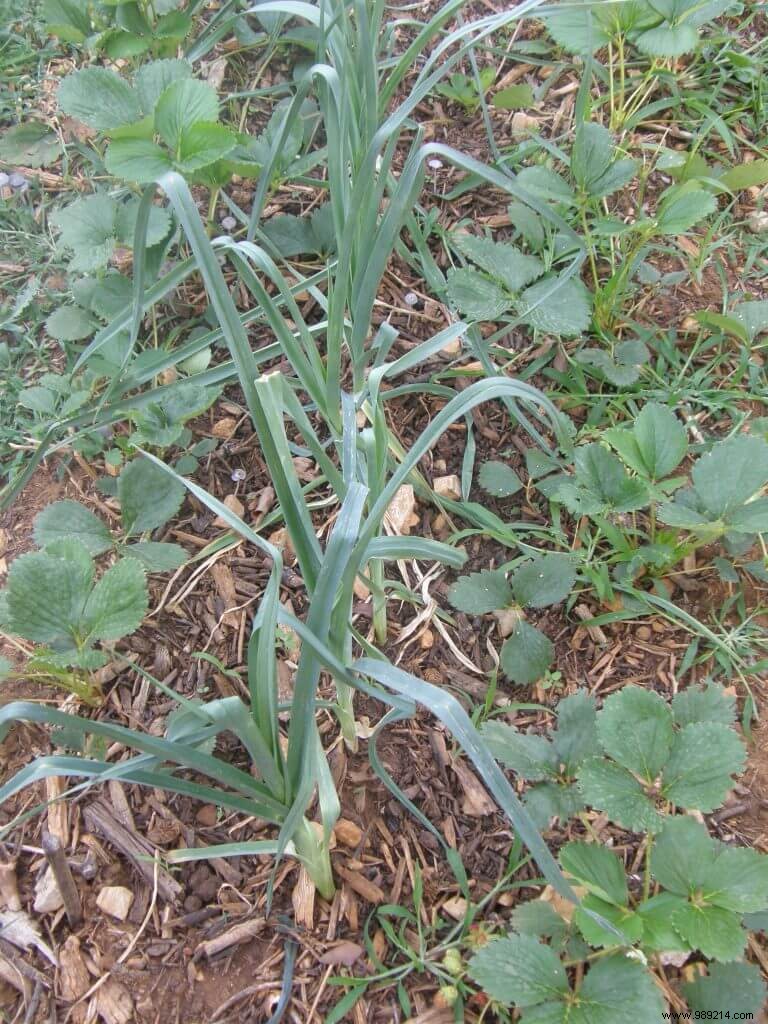10 techniques to put in place in your garden to limit chemical inputs and why not, do without! Let's see the 9th chapter, companion plants
It is better to be well accompanied than alone! said the tomato at the bottom of the vegetable garden.
Companion plants are also called companion crops .
Plants at the service of plants. I help you, you help me!
The means deployed by plants to help neighbors are numerous:substances excreted by the roots , odor repellent or attractive to flowers or foliage, complementary root systems , presence of bacteria nitrogen-fixing…
Knowledge of the actions of plants towards predators and auxiliaries is an asset for the prevention of parasitic attacks. If the nasturtium attracts aphids and therefore aphid predators, the bean keeps the Colorado potato beetle away and the carrot scares away the onion fly. The judicious association of plants side by side is a method of prevention against parasitism.
Parsley likes asparagus, asparagus likes basil, basil likes tomato, tomato likes onion, onion likes lettuce, lettuce likes radish…
You think that would be too simple. There are plants that prefer not to mix. A simple example, beans and alliums (garlic, onion, leek, chives…)
Why ? Beans, like peas, fava beans… harbor bacteria on their roots which have the particularity of transforming the nitrogen in the air into a formula suitable for plant nutrition. Plants cannot use the nitrogen in the air. These bacteria transform it into an assimilable form. So beans, peas and fava beans do not need a nitrogen supply to grow. But ! Alliaceae secrete bactericidal substances at the level of their roots. If you plant garlic and onion close to the beans (or just after growing the beans or peas) the bacteria are destroyed.
There are many examples on both sides. We do not always know how to explain why it works or name. Still, gardeners who grow organically and biodynamically are very attentive to plant associations. If plants can help themselves, why deprive yourself of them.
1. the plant adapted to its environment
2. Biodiversity
3. soil fertility
4. Irrigation management
5. mulching
6. Managing invasive plants
7. the right gestures at the right times
8. The right tool, adapted, maintained
9. Companion plants
10. Crop rotation:2 years of vacation!
Conclusion
